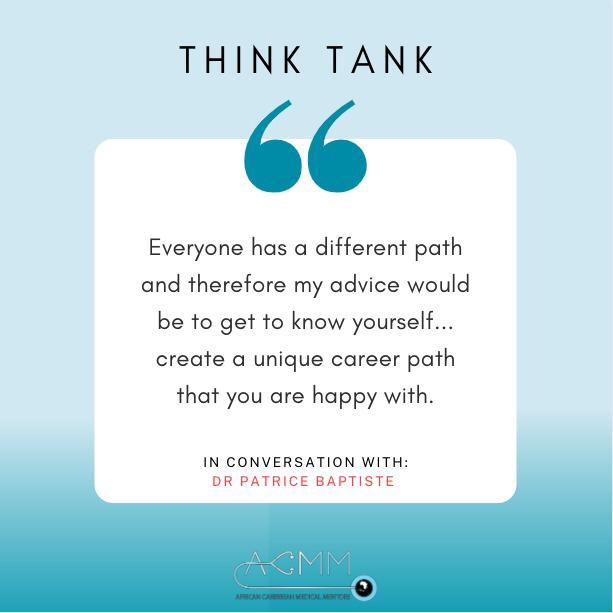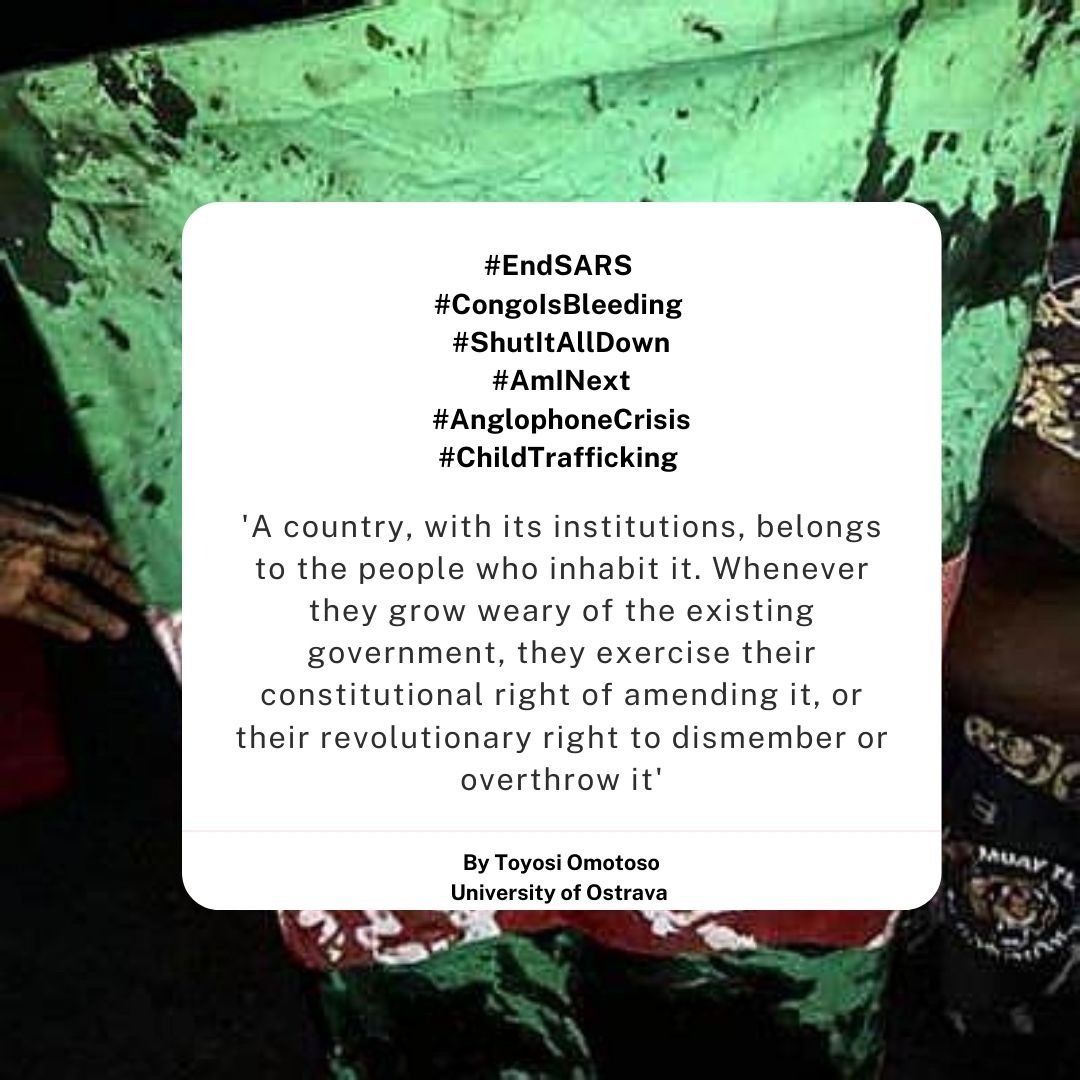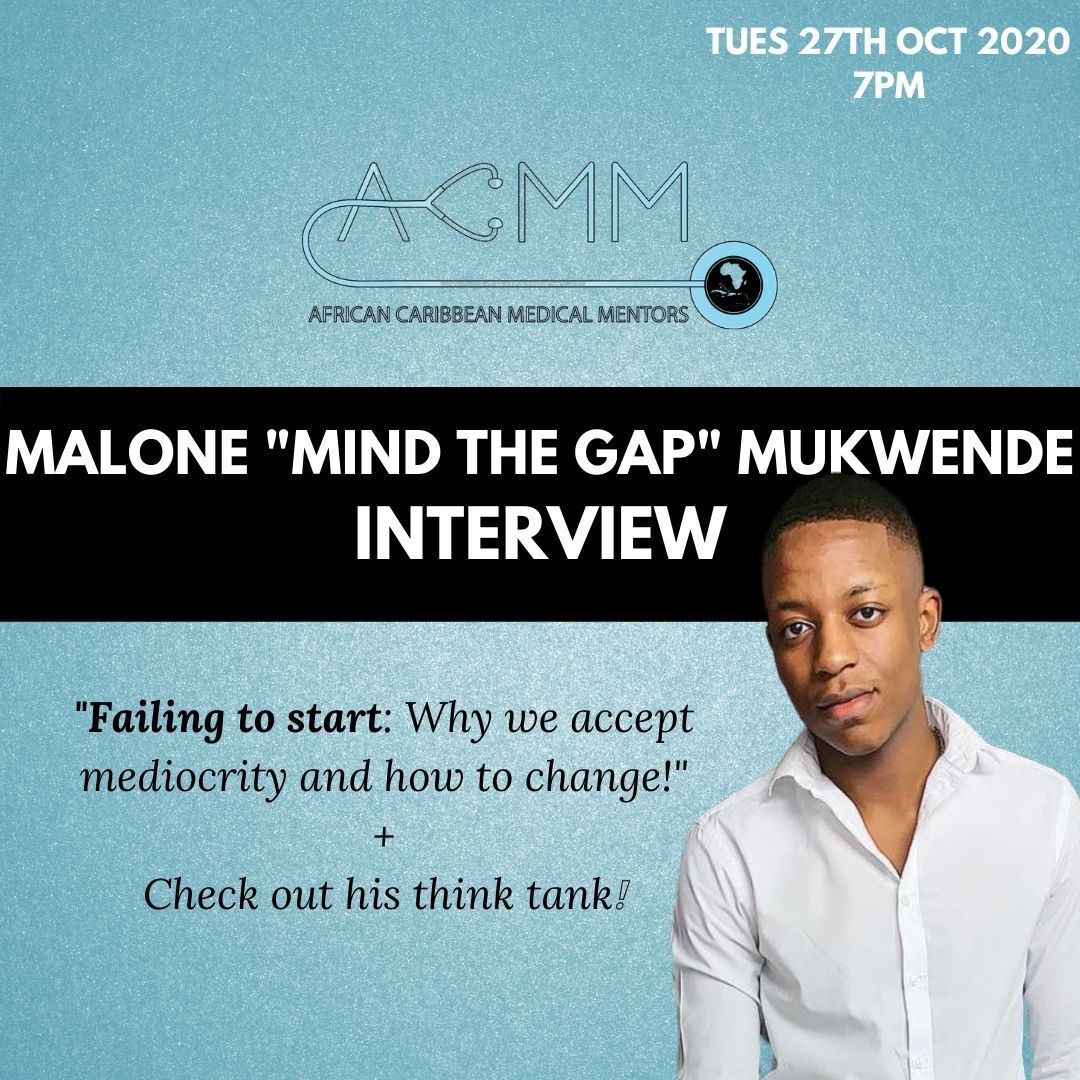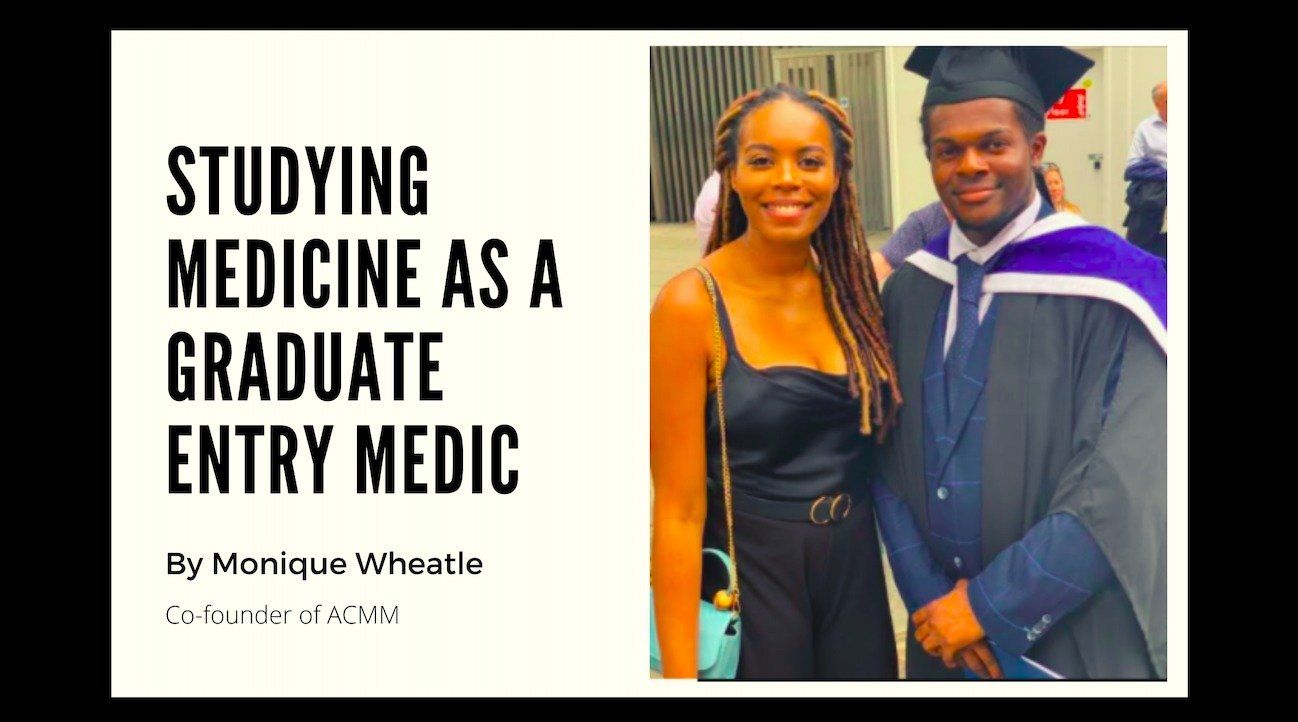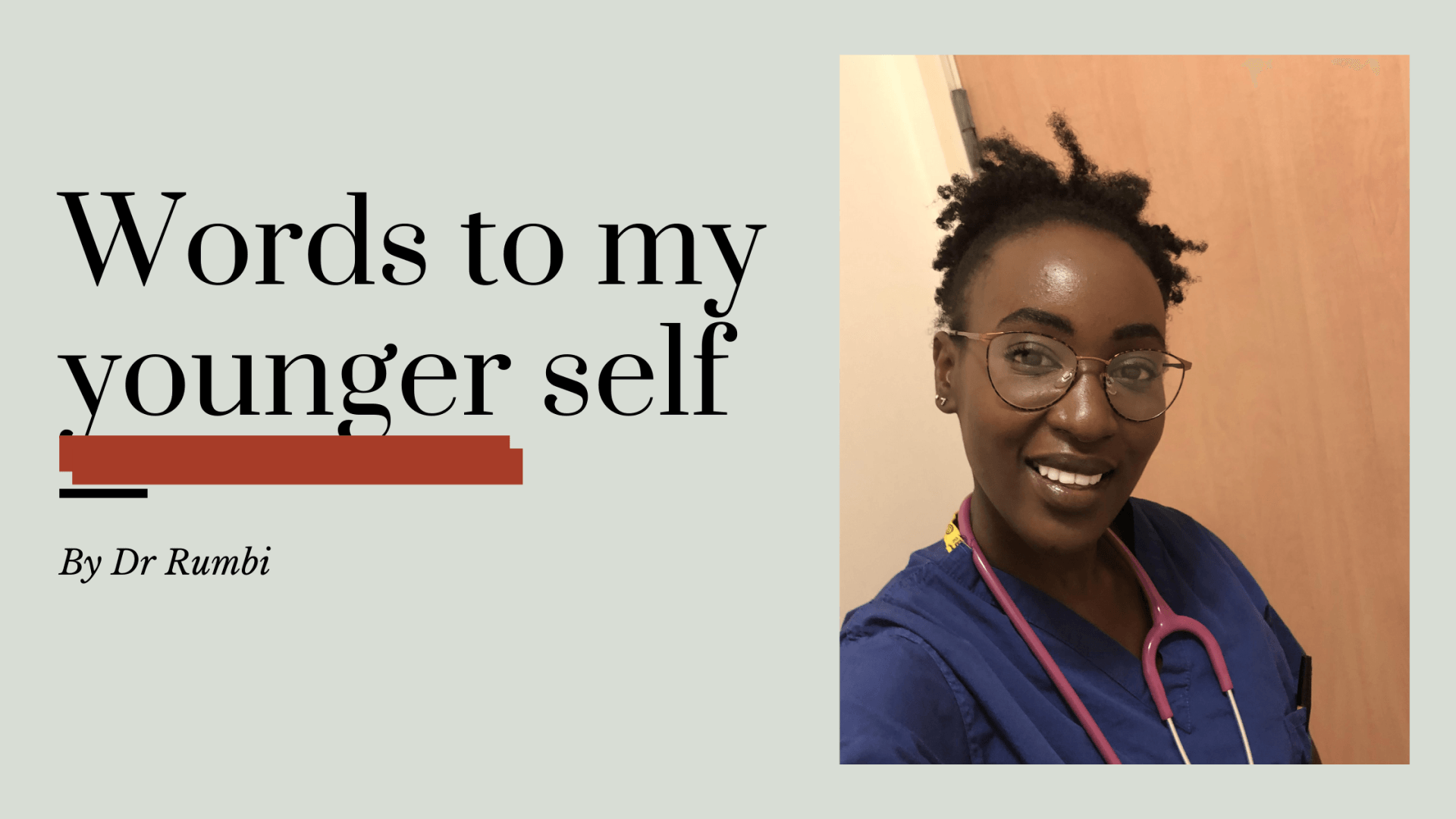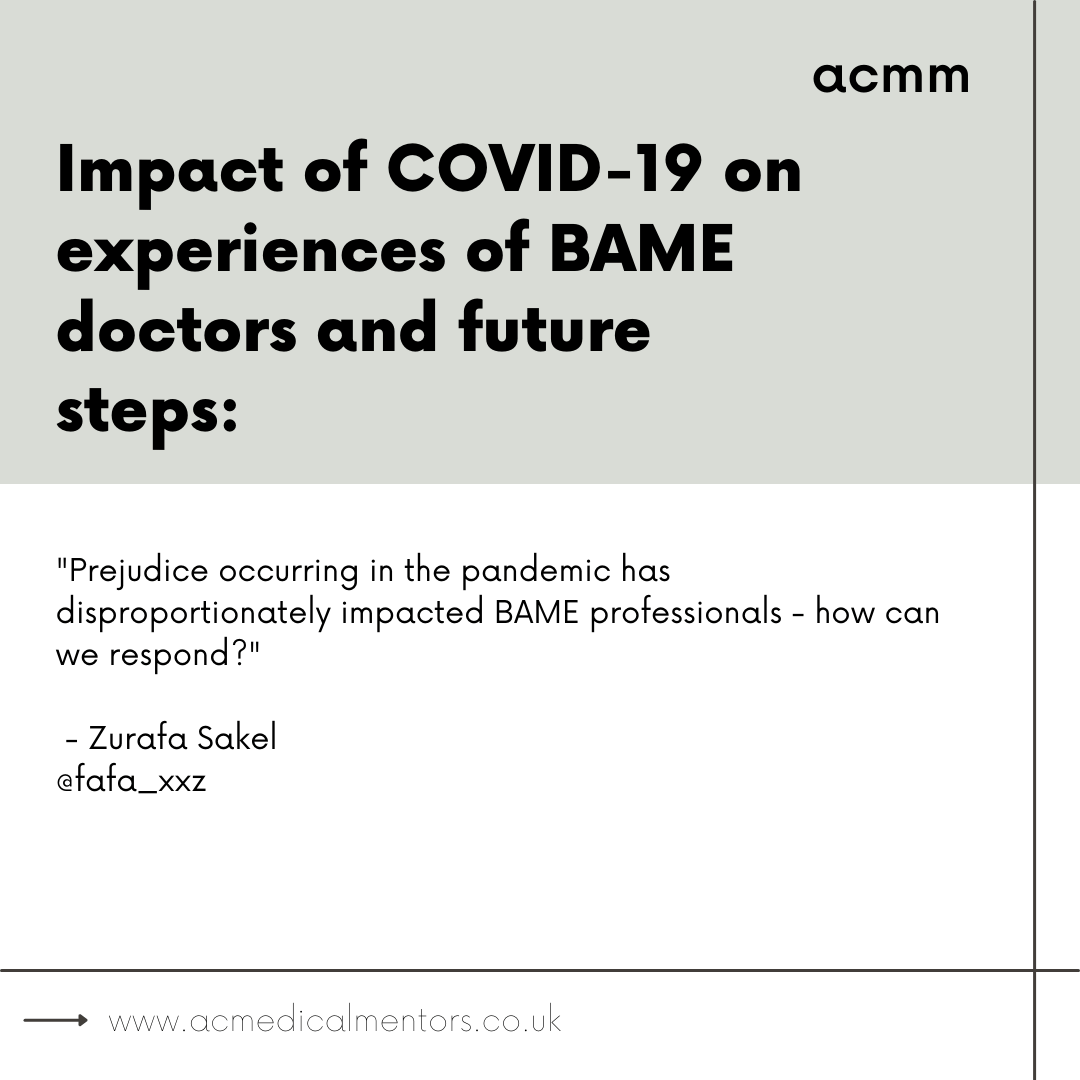Practising medicine in Australia
“So where have you worked apart from here then?”. This is the question I am asked constantly by new colleagues whenever I start a new clinical post.
My journey began in Newham, East London where I attended Primary school, Secondary school and Sixth Form. I went straight into Undergraduate Medicine in September 2010, attending Keele University Medical School and graduating in July 2015. I did my FY1 in Shrewsbury, and after scoring highly in my NHS E-portfolio, I then transferred deanery to do my FY2 year at the Queen Elizabeth Hospital in Birmingham.
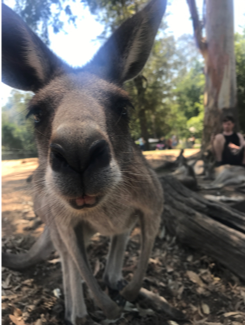
The reason I chose to move to Australia to work for a year was a very simple one; I had never had a ‘break’! Many people decide to do ‘gap years’ before going to University to travel the world or to earn more money, whereas some choose to do that after completing their degree. To apply to work in Australia is easy, but the process is very long and it will cost you roughly £3.5-4k. Fear not, however, as I’m yet to mention that the pay there is double what doctors typically earn in the UK, plus the fact that I was paid fortnightly. So as a Senior House Officer (SHO) over there I made that money back in a month.
The process of applying roughly went as so, I drafted a simple email introducing myself as an FY2 doctor from the UK who was looking to start working in Australia from August 2017 and that I would “love to have the opportunity to apply to your hospital.” I then included my updated CV as an attachment. I sent this to one of the emails and Bcc’d the following 20 or so addresses, this way I applied to 20 different hospitals at the click of a button. By December 2016, the majority had replied to me stating that it was too early for their application process, but a few did contact to arrange either video or telephone interviews. Upon accepting an offer at Brisbane, one of the biggest and most exciting cities in the country, I was sent an application for my VISA and EPIC account (to allow me registration with the Australian Medical Council).
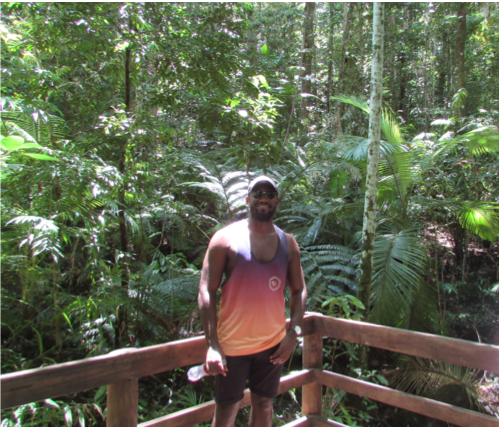
Brisbane is my favourite city in Australia and if I were ever to move there in the future, it would be my unquestionable choice. It resides on the East coast of Australia, and is very central, making it easily accessible from all the other major cities on that side, i.e. Sydney and Melbourne. It’s also South of the Great Barrier Reef. I booked off 2 weeks of annual leave and did a road trip from Brisbane, all the way to Port Douglas and back. In that time, I made stops to kayak in the open water, visit Koorana Crocodile farm, take islands boat tours, snorkel in the Great Barrier Reef, and take a cable car up a rainforest.
In terms of the clinical aspect of being in Australia, working there was very similar to how the NHS is run, aside from the fact that a significant proportion of citizens there have private healthcare. I didn’t have any issues adapting to working somewhere so far away from home, as the drug charts were similar, how they would organise medical notes, and also the management of common conditions. The biggest difference I noted, and which took me a while to get adjusted to was the fact that patients and even clinicians would mention medications by their brand name, as opposed to their generic name, i.e. Panadol instead of Paracetamol. In the UK, the GMC and NMC make it a legal requirement for all medications to be prescribed using their generic name, as to avoid confusion and importantly prescribing errors.
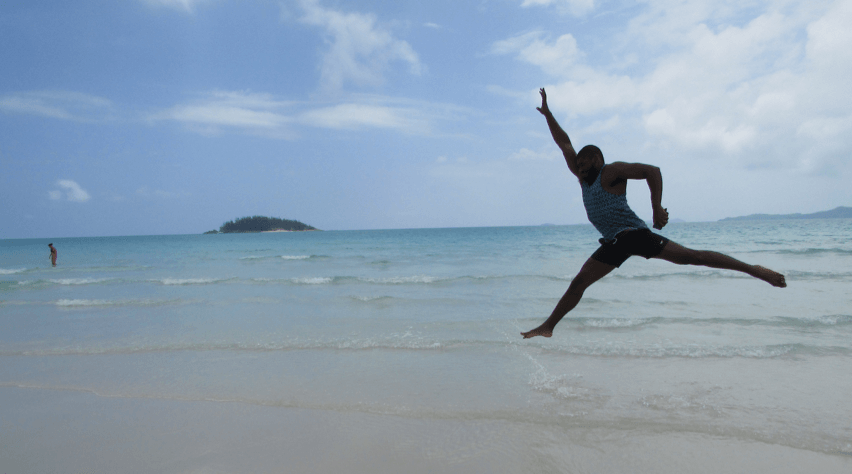
Whenever I look back on the 8 months I spent in Australia it’s always with a smile on my face, whether I’m thinking about the good or the bad – and trust me, there was plenty of both! Thankfully I have a hoard of pictures and videos that will remind me of the many memories I made whilst there, and I have friends there who I am still in contact with. I have since encouraged anyone who has asked me about my time there to make the journey themselves, especially to live/work there for a period of time if at all possible. I am a big advocate for spending time working abroad because aside from providing invaluable experience and developing you as a person and a clinician, it also allows you to think about the differences that country has to your own; the things you appreciate in your society and what you would like to see change.
Dr Andrew James Simon MBChB (Hons)
ST1 Obstetrics & Gynaecology
Edited by Elina Daitey.
